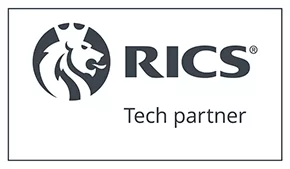Direct costs in the construction industry refer to expenses that are specifically associated with a construction project and can be directly attributed to the project’s work. These costs include labour, materials, equipment, and any other expenditures that are directly involved in the physical construction process.
Key Components:
- Labor Costs: Wages and benefits for construction workers, including skilled tradespeople and labourers directly working on the project.
- Material Costs: Expenses for purchasing raw materials such as concrete, steel, lumber, and other construction supplies required for the project.
- Equipment Costs: Costs associated with the use or rental of construction machinery and tools used directly in the project.
- Subcontractor Fees: Payments to subcontractors for specialized services and tasks that are part of the construction work.
- Transportation Costs: Expenses for transporting materials, equipment, and labour to and from the construction site.
- Direct Supervision Costs: Salaries and benefits for project managers and supervisors who are directly overseeing the construction activities on-site.
Benefits:
- Accurate Budgeting: Helps in creating a precise budget by providing clear and direct estimates of project-specific expenses.
- Cost Control: Facilitates effective monitoring and management of costs directly linked to construction activities, ensuring that the project stays within budget.
- Financial Planning: Essential for detailed financial planning and securing necessary funding for the project.
- Performance Measurement: Enables tracking and assessment of project performance by comparing actual direct costs against budgeted amounts.
Process:
- Scope Definition: Clearly define the scope of work and identify all activities and resources required for the project.
- Estimate Calculation: Calculate detailed cost estimates for each component of direct costs, including labor, materials, equipment, and subcontractor fees.
- Budget Allocation: Allocate budget for direct costs within the overall project budget.
- Cost Tracking: Continuously track and record direct costs throughout the project to monitor spending and ensure alignment with the budget.
- Review and Adjust: Regularly review direct cost expenditures and make necessary adjustments to the budget or project plan to address any deviations.
Applications in Construction:
- Project Budgeting: Fundamental for developing a comprehensive project budget that includes all direct cost components.
- Bid Preparation: Used to prepare accurate and competitive bids by detailing direct cost estimates.
- Cost Management: Integral to managing and controlling overall project costs by focusing on expenses directly tied to construction activities.
- Financial Reporting: Provides detailed insights into project-specific expenses for financial reporting and analysis.




